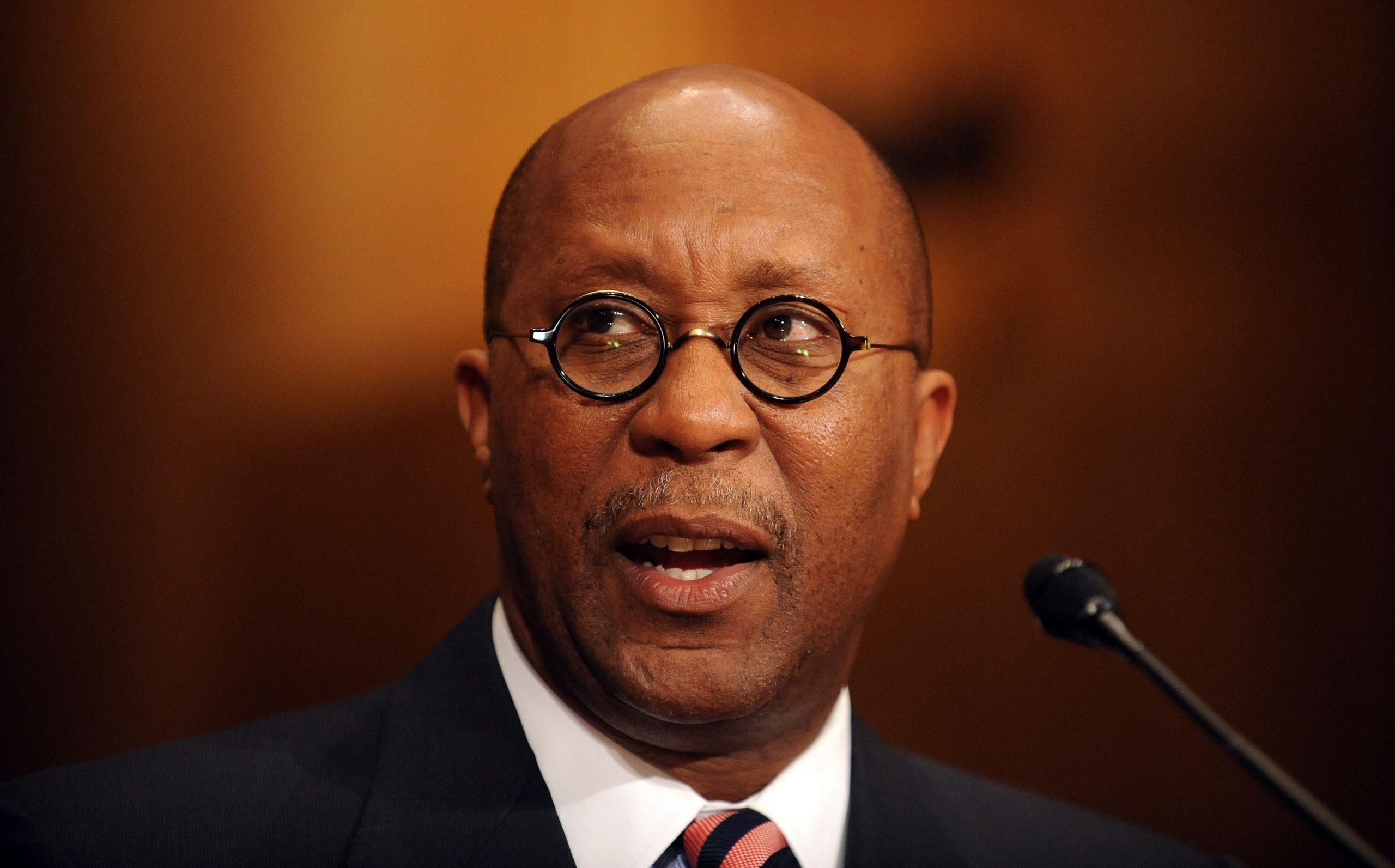U.S. Trade Representative Ron Kirk testified in late February to the House Ways and Means Committee on the Administration’s trade policy agenda for 2012. The hearing was a lead-up to the release of the congressionally mandated President’s Trade Policy Agenda for 2012 by USTR Kirk on March 1. It is part of the ongoing dialogue on trade policy between the Executive and Legislative branches of the government and provides insights on the Administration’s plans for the year.
USTR Kirk highlighted three key efforts in his oral remarks, including efforts to bring the U.S.-Korea Free Trade Agreement (FTA) into force by March 15 and the Colombia and Panama FTAs as soon as possible. Second, the Administration will move full speed ahead on the Trans-Pacific Partnership (TPP) FTA negotiations with a focus on regulatory coherence and building regional supply chains. Talks are ongoing with Japan, Mexico and Canada concerning their interest in joining the TPP talks. Sanitary and phyto-sanitary measures, key for many agricultural products, are included in the regulatory coherence efforts.
According to Mr. Kirk, “the Administration will explore issues regarding additional trade promotion authority (TPA) necessary to approve the TPP and future trade agreements.” No further written comments were made about the request for TPA. According to media reports, Mr. Kirk still hopes to wrap up negotiations of the TPP agreement by the end of the year. TPA would likely need to be in place before then, but Mr. Kirk did not provide a timeline for requesting congressional action. TPA allows for an up or down vote on a trade proposal with no amendments.
Third, trade enforcement will get tougher with the creation by Executive Order of the Interagency Trade Enforcement Center to challenge unfair trading practices of WTO members, particularly China. USTR Kirk’s five-page prepared statement for the committee noted what appears to be the Chinese government’s “reflexive resort to trade actions” in response to legitimate concerns raised by the U.S. and other trading partners. The Administration is currently pursuing improperly imposed duties on U.S. broiler chicken meat and steel exports to China. China is also being pressed to open investment opportunities, complete negotiations on the WTO Government Procurement Agreement and implement commitments to strengthen Intellectual Property Rights protection and enforcement.
The Administration will work with Congress to pass legislation to reverse a U.S. Court of Appeals ruling that the Department of Commerce cannot impose countervailing duties on products from non-market economies. Congress has already moved on that request.
The USTR will seek legislation to end the Jackson-Vanik amendment on emigration from Russia and authorize the President to extend Permanent Normal Trading Relations (PNTR) status to Russia as soon as possible. The U.S. is obligated to extend PNTR to all WTO members and Russia is expected to join this summer. Efforts are in progress to broaden economic integration on a regional level and enhance the compatibility of regulations and standards. The Administration is further engaging the EU in the High-Level Working Group on Jobs and Growth, Middle East and North African countries in a Trade and Investment Partnership Initiative, and African Growth and Opportunity countries on extending third-country fabric provisions to 2015.
The Administration has not given up on the Doha Round of WTO trade talks and will seek “fresh, credible approaches” to market access negotiations at the WTO. The administration will focus on the responsibilities of emerging economies “to make contributions commensurate with their advancing roles in international trade.” It will work to conclude the Model Bilateral Investment Treaty review, including the challenges of state-owned enterprises or other entities that receive preferential government treatment and distortions created by indigenous innovation policies like those in China.
Agricultural producers will benefit from additional market access in Russia from tariff-rate quotas for exports of U.S beef, pork, and poultry. The Administration intends to request consultations under the 2008 United States-Korea beef protocol to discuss its full application and work with the EU on the second phase of a 2009 Memorandum of Understanding regarding U.S. beef exports to the EU that more than doubled exports to EU member countries.
The Administration is committed to insisting that scientific standards be applied globally to food and agricultural trade. Equivalency recognition of trade in organic food products will be secured with key export market partners. That has been partially fulfilled with the recent agreement with the EU. Support for science-based and transparent regulations for agricultural products derived from modern biotechnology will be maintained.
This is an ambitious trade agenda for the Obama Administration. In an election year it is often hard to separate election promises from achievable policy goals. Implementing the recently approved FTAs is the finishing act of a long approval process. The same can be said for PNTR with Russia and completing the TPP agreement. The uncertainty of the timing of seeking Trade Promotion Authority is troubling for those who think that every President should always have that power. The new Interagency Trade Enforcement Center is consistent with the Administration’s words and actions for the past three years, even though its timing is in the political season. The real test will be the result of more open trade rather than more trade policy gridlock.
The most important issue for agriculture will be the continued commitment to “regulatory coherence” in the TPP agreement and the willingness of the Administration to address scientific standards for sanitary and phyto-sanitary issues in all trade policy discussions. Harmonization of regulations is critical for the efficient movement of commodities and finished products across borders from producers to consumers with a minimum of disruptions.
Ross Korves is an economic policy analyst with Truth About Trade & Technology

